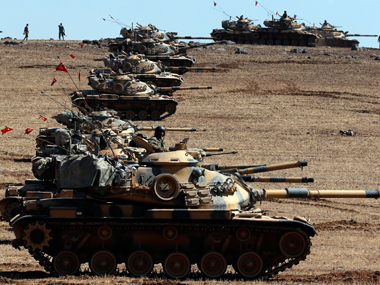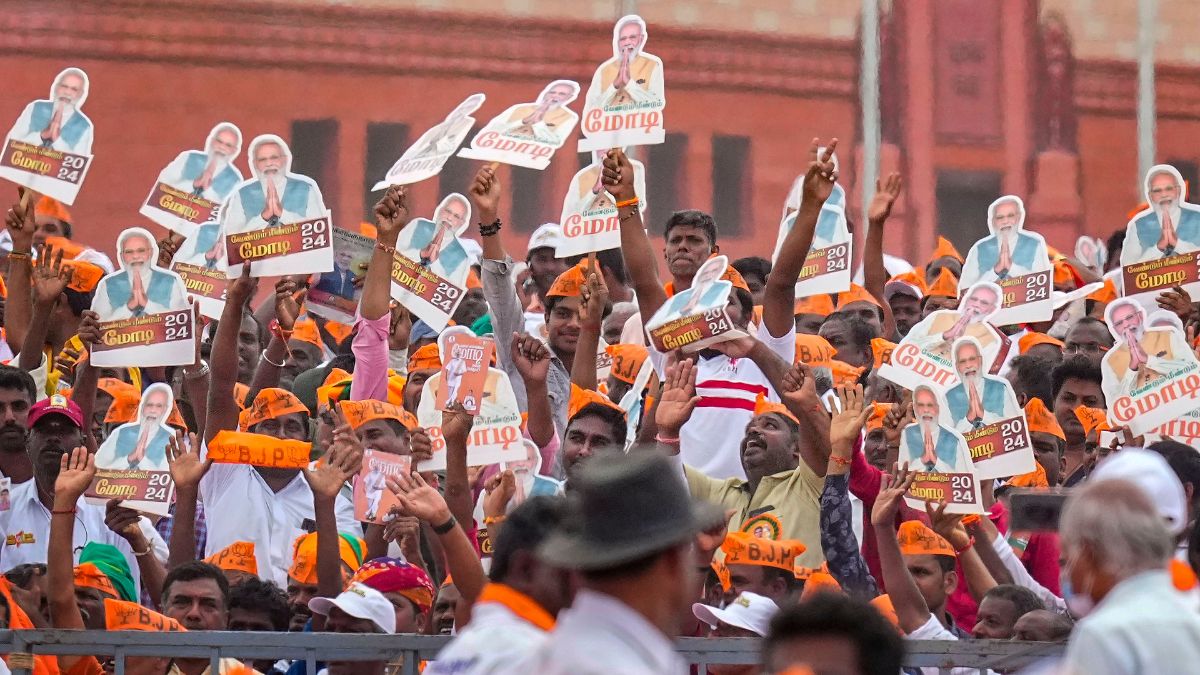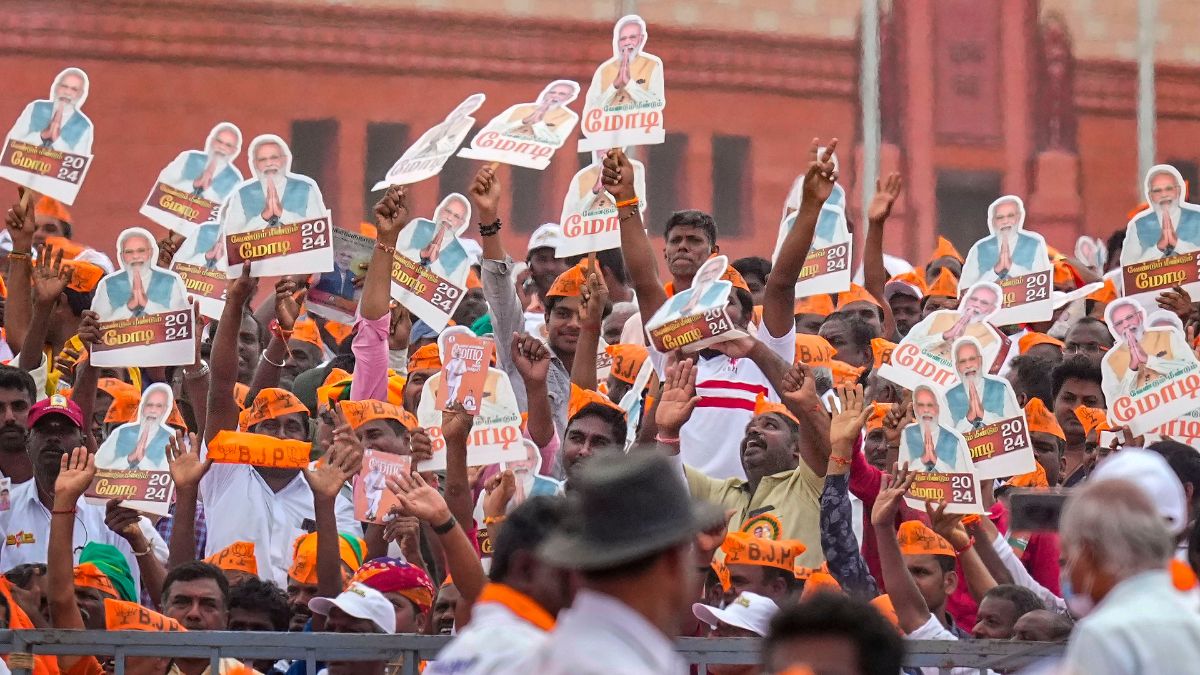The most important take-away in the United States’ scheme of things from Prime Minister Narendra Modi’s recent US visit was whether India would agree to American pleas to join the global war against the Islamic State in Iraq and Syria (ISIS), also known as Islamic State in Iraq and Levant (ISIL) or simply as IS (Islamic State).
The last word on that is yet awaited from New Delhi. Now that the heat and dust of assembly polls in Maharashtra and Haryana is almost settled and both Modi and the BJP have emerged stronger from these elections, it would be time for the Prime Minister to attend to meatier foreign policy issues which demand new policy decisions.
One will have to wait and watch for a policy decision on the issue of IS and one will have to look up to the PMO, not the Ministry of External Affairs (MEA) for this. It is quite likely that PM Modi may live up to his reputation by surprising everybody when he finally takes a decision.
It may still take the Modi government some more time to take a final decision on the American requests with regard to the Islamic State conveyed to him at the highest levels in Washington late last month.
But there are a few scenarios which PM Modi and his top advisors need to consider.
Scenario 1: Joining the international war against the IS
Many movers and shakers in the foreign policy establishment believe that it is a bad idea and India should not even think in terms of going down this road.
Consider the 30 September on-record briefing in Washington by Vikram Doariswamy, joint secretary (Americas) in the MEA, wherein he categorically denied the possibility of India joining any coalition in the ongoing international war against the IS but agreed to work with the US to deal with the “major issue” in dealing with “travelers of terrorism” – radicalised people who travel for participating in terror activities in West Asia.
“This is a very major issue for us,” Doraiswamy said while referring to reports of movement of radicalised youth from India to that region and also clarified that a trilateral partnership agreed on Afghanistan would be developmental, rather than in terms of military cooperation.
Doraiswamy also clarified that India was not averse to UN-mandated tasks and said that the “joint and concerted efforts” on dismantling safe havens for terrorist groups and criminal networks as resolved by India and the US in the Joint Statement did not mean that the two countries were going to launch operations.
To put more simply, India is chary of fighting a foreign war in foreign lands with its military personnel ever since New Delhi burnt its fingers with the failed experiment of sending Indian Peace Keeping Force (IPKF) to Sri Lanka in the eighties. That is why India refused to supply combat military gear to Nepal (in the aftermath of the infamous palace massacre) and stayed away from the internal political crisis in Maldives in 2012-13.
This scenario is highly unlikely.
Scenario 2: India joins the international war against Islamic State in a limited capacity
India may not put its military boots on the grounds of the IS war zone in Iraq and Syria, but may agree to give its tactical support to the international community in non-combat ways and arenas. Under this option, India may well agree to help the international coalition against the IS in reconnaissance missions with its non-combat military personnel analysing the military data.
India may also agree to offer refueling and transit facilities for troops of the international coalition in their military operations against the Islamic State. This scenario looks highly credible and doable. However, the opportune time for implementing this strategy may not have come yet.
The flip side in context of both the scenarios detailed above is that the Islamic State personnel still continue to hold 39 Indian construction workers, mainly from Punjab, in their custody. It was because of these 39 captive Indians that PM Modi did not agree straightaway to the American entreaties of joining the international coalition against the Islamic State.
This is a grave threat indeed. No government in India would like to put at stake the lives of its 39 hostages.
This is the Catch-22 situation that the Modi government is faced with. Any Indian decision on finally participating or not participating in the international war against the Islamic State will have to remain predicated on the fate of the 39 Indian hostages in Iraq.
Yes, it is true that India figures among the 11 countries the Islamic State has threatened. Yes, India can no longer be a passive spectator to the brutal manner in which the Islamic State has been beheading innocent captives one after another. It is true that the Islamic State has threatened to wage jihad against India. But the bitter reality is that the hands of the Indian government are tied till those 39 Indian construction workers are in their custody.
India can take a call on the issue of helping out the international coalition against the Islamic State only when these 39 Indian hostages are back home safely, the way the Indian nurses from Kerala had been safely brought home a few weeks back.
The writer is Firstpost Consulting Editor and a strategic analyst who tweets @Kishkindha.


)




)
)
)
)
)
)
)
)